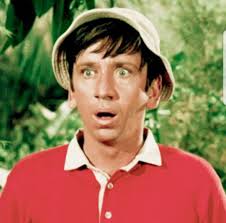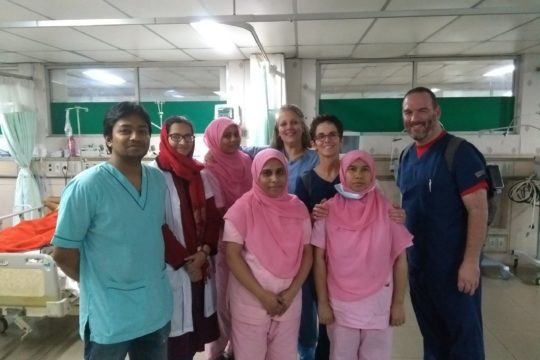I’ve been thinking about my Nana lately. She was my grandmother and she died 10 years ago, at age 94. She was special in many ways, but lately, I’ve been thinking about her financial savvy. There’s a whole movement now towards retiring early and financial independence that I think she would’ve loved. It’s a party I’m a bit late to but hey, better late than never. I think for me part of the issue was a lack of financial knowledge and drowning in student loan debt. Fortunately, I’ve recently paid off my student loans and over the years I’ve taken steps to educate myself financially. Part of that education included a recent Freakonomics podcast that hit me with a statistic that down right shocked me: nearly 70% of Americans can’t pass a basic financial literacy quiz (check it out around the 6:20 mark.) Now before I was a paramedic I worked as a banker, so that helped me, but given the importance of personal finance, that statistic is a bit scary. I think part of it is, finance is boring to many people and it’s not really taught in school. Whatever the cause, the result is few people have any savings and many are drowning in debt. I don’t blame people, finance is definitely made to be overly complicated, but truthfully, the steps to reach financial independence aren’t that complicated, indeed, they’re pretty straightforward, which may be why people don’t follow them. In fact, Harold Pollack summed it all up on an index card. Seriously, this stuff is that simple. When my nana died, she departed financially secure even though she hadn’t worked in decades. She made money through investing, rental property and social security. She was also a fervent saver. When I look back, there are 3 things she did that I think was critically important to her being financially independent:
1) She lived below her means.
2) She never carried a credit card balance.
3) She invested in the stock market.
By living below her means she never worried about over-extending herself financially. She always had the cash to cover her expenses. By never carrying a credit card balance she never paid more than she needed for things she bought. And by investing in the stock market she leveraged the greatest tool available for most people to make money, compound interest. Not too surprisingly, these are the same steps to financial independence being professed by the early retirement crowd.
Another thing my grandmother taught me was the value of an education. I remember when I started paramedic school I didn’t have the money for the school deposit. I asked to borrow $1,000 from her (and before I graduated I paid her back). She wrote me a check and said something like, “one of the most important things you can invest in is yourself.” No doubt that’s true, although student loans can make college and universities a steep investment, that’s a blog post for another day. So what are some things I have read and done to educate myself financially?
The first thing is I read a book titled, The Richest Man in Babylon. This book, first published in 1926, is my bible. Only 144 pages long, many books have tried to copy it or update it, but truly, there’s nothing better than this short classic. Think about it, a book published over 90 years ago is still relevant today. Another great book is The Simple Path to Wealth by JL Collins. Collins really breaks down how to invest and what he’s done to reach financial independence (what he calls “F-you money”). He also has a blog at jlcollinsnh.com. Another good blog I follow is Mr. Money Mustache. Peter Adeney, aka Mr. Money Mustache, has shown people they can live comfortably on $25,000 a year, with a kid.
Here’s the thing, to be financially independent requires you to have more money than expenses, (seems obvious). The only two ways to get there are you either earn more money than you spend, or you spend less than you make, then save the rest. And, at least for me, it’s easier to control how much I spend, then how much I make. It sounds simple enough but we all get distracted by shiny things, whether it’s new clothes, the new tech or eating at a nice restaurant. I’m also not a monk. I try to find a balance, figuring tomorrow is promised to no one and I want to enjoy today, which for me means traveling and scuba diving (not exactly cheap, although there are ways to make them affordable). So what’s the punchline? Spend less than you make and save the rest. Predict what expenses you’ll have in the next 12 months and save for them. Avoid credit like the plague. If you’re already overextended with credit, pay that crap off ASAP. Because, as I’m sure my Nana never said, “you won’t get ahead if you always owe someone else.”


